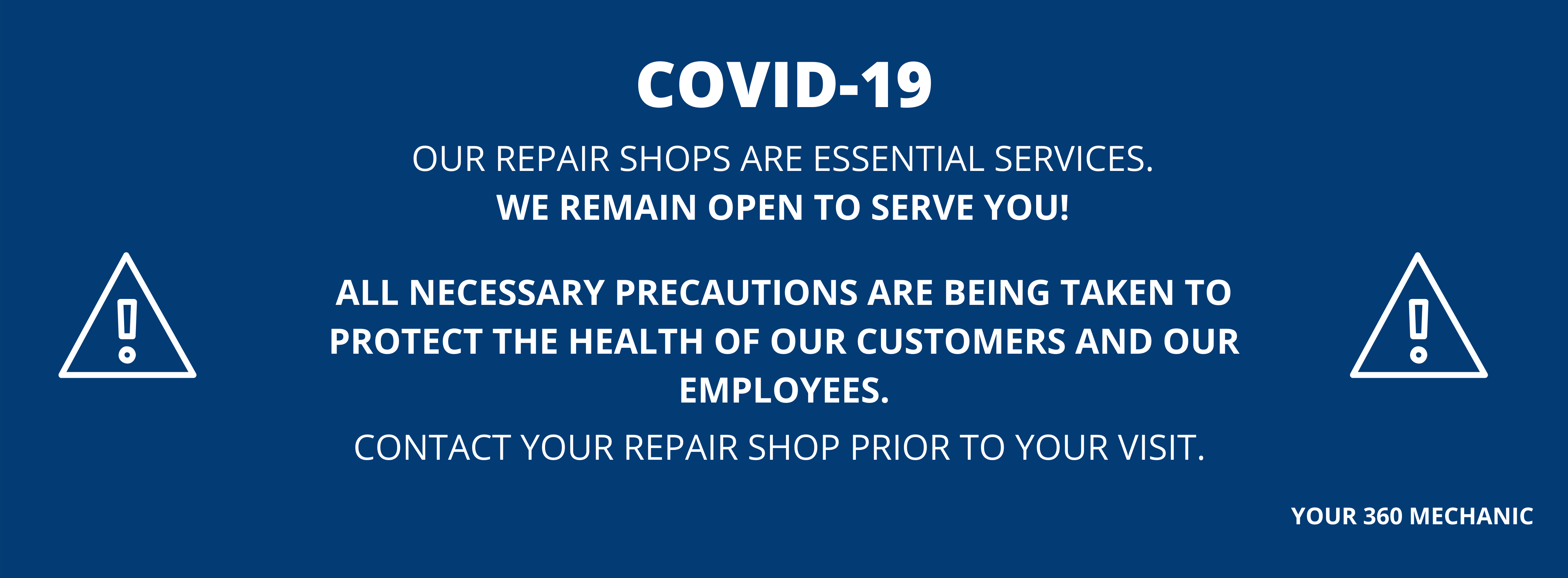Balancing and aligning tires
What is the difference between balancing and wheel alignment?
The balancing and alignment of a vehicle’s wheels ensures optimal handling and steering. However, these two maintenance tasks are very different from each other.
During balancing, each tire is balanced on its respective wheel. To do this, the technician rotates the tire on a specialized device and applies metal weights to correct any imbalance in the tire so that it can roll straight. Imbalances are common and can be caused by improper weight distribution on the rim or uneven tire wear.
Wheel alignment, on the other hand, consists of correcting the direction of the car (commonly called wheel alignment) so that the car stays straight. In this case, the technician must adjust not to the car’s tires, but to the car’s steering system. The misalignment can have various causes such as: an impact with potholes, curbs, or even when you change your car’s suspension parts. This is why any change of suspension parts is usually accompanied by an alignment. Neglecting wheel balancing and alignment can have many costly consequences! Driving with wheels that vibrate or whose misalignment forces you to hold the steering wheel firmly to stay in a straight line can lead to higher fuel consumption, uneven wear of your tires and even premature breakage of certain parts.
Not sure if your wheels are properly balanced and aligned? Take this test on a smooth road where you are alone: let go of the steering wheel briefly and see if your vehicle continues in a straight line. If it tends to go left or right, it’s time to make an appointment with a M 360 Mechanic repair shop near you!
